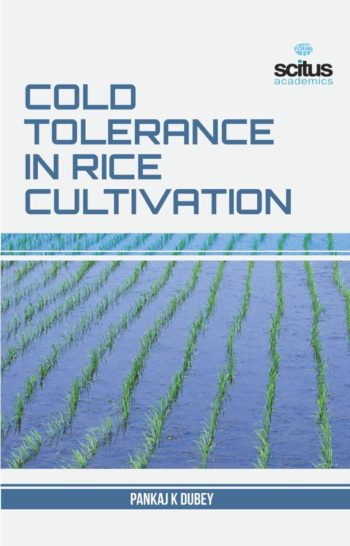Optimum management of global water resources presents one of the most crucial challenges of the 21st century. Global population will increase by three billion or more over the next 50–75 years, and the number of people living in urban areas wills more than double. Most of the world’s population growth will occur in developing countries where water is already critically short and many of the residents are impoverished. Even today, more than 1 billion people do not have access to safe and affordable drinking water and perhaps twice that many lack adequate sanitation services. In fact, inadequate drinking water quality is a leading cause of infant mortality worldwide. This requires proper management during planning, construction and installation, operation and maintenance of the entire system from catchment to consumer. Also, good understanding of these processes facilitates early identification of potentially present weaknesses. Projections of global water needs are worrisome enough when the water demands arising from future population and economic growth are compared with current estimates of developed and developable supplies. However, the reliability of current supplies is also in question. The fact is that there are trends and circumstances which will almost certainly reduce available supplies in the face of sharply escalating water demands world-wide.
This Book ‘Drinking Water’ focuses on fundamental and applied research in water sources, substances, drinking water treatment processes, distribution systems, and residual management. The book covers a wide range of current issues, reflecting on current problems and demonstrating the complexity of water management. This book will be of valuable for scientists and researchers and engineers from water supply companies and engineering consulting firms.













